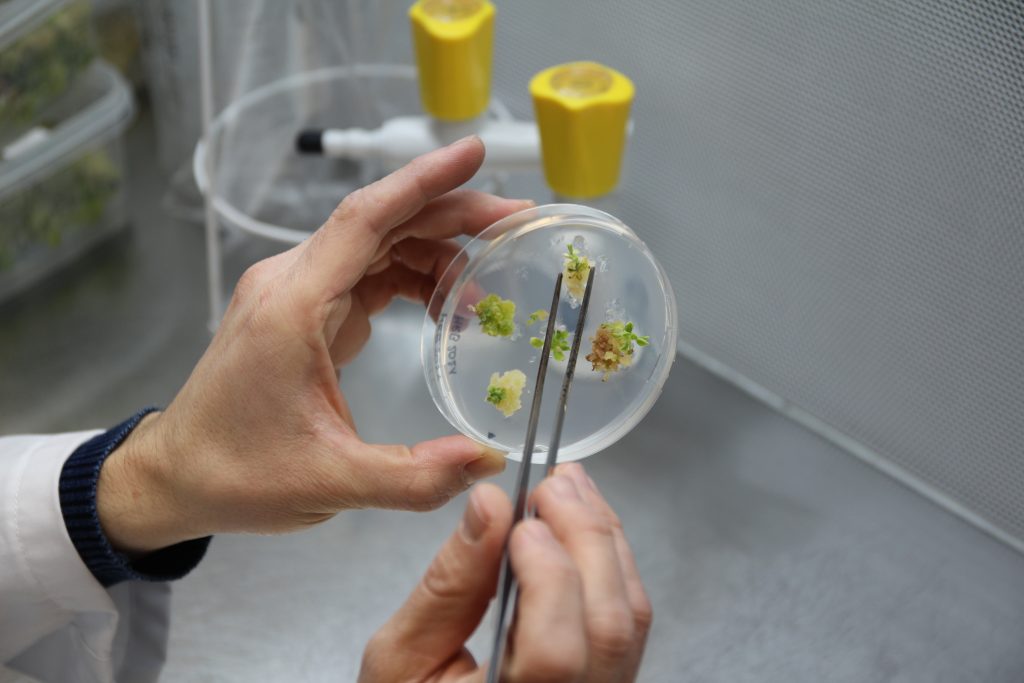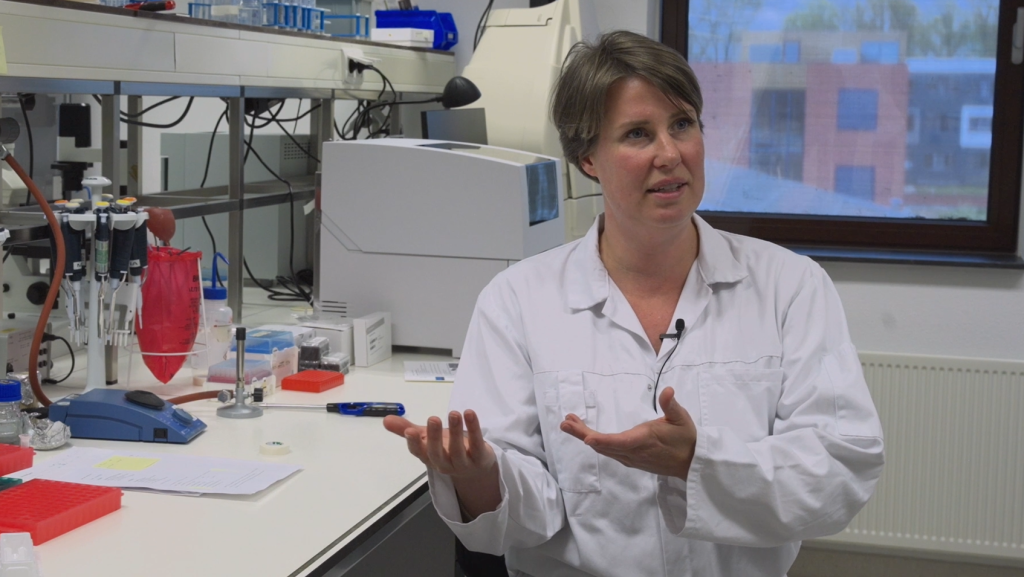Our views: Content from Hudson River Biotechnology
CRISPR History and Hurdles to Large-Scale Adoption in Agriculture
By Ferdinand Los, CSO
If you’re involved in animal or plant sciences, you’ve been reading about CRISPR technology for many years. Ranging from the promise to solve major societal issues to a Nobel prize, CRISPR has been making headlines.
Here’s the thing: it has amazing potential and we’re so close to seeing some of that potential come to life, but it has been a long road.

Three Reasons CRISPR Won’t Work
By Lotte Westerhof, R&D Manager
Since the academic discovery of gene editing, farmers, researchers and all of agriculture have heard many promises about its potential. The trouble is, there’s all this excitement without taking a realistic look at what is needed to apply the technology in a way that it is in line with commercial needs.
We’re at a point that we need to figure out these challenges or CRISPR won’t work in the real world.
Next to the obvious regulatory and licensing hurdles, these challenges include considerable technical obstacles which still need to be overcome.

Interested in learning more or have a general inquiry?
Consumer-Facing Traits Key to CRISPR Acceptance
By Gabino Sanchez, Business Development Director
There’s a massive interest in CRISPR and gene editing at large. When we look at the speed at which advancements can come to market, companies are lining up to gain access to this yield driving technology.
What drives me is we’re seeing advancements in not only the agronomic traits that impact the farmer, but those quality traits that consumers care about. From vegetables and fruits to even ornamental crops, we’re able to create massive improvements in plants that might be overlooked otherwise.
It’s an exciting time, despite the challenges for CRISPR there are success stories today and the number of success stories continues to grow.

The Ecosystem: gene edited crops in Europe? A definite maybe
Article on Science Business
The European Commission’s decision to revisit the regulation of gene edited crops has the potential to thaw out a sector that has been frozen for the past four years. If it results in deregulation, as seems to be the intention, existing start-ups with gene edited crops would be free to run trials at home, rather than abroad, and could look forward to a home market for their products. And potential gene editing start-ups would at last get a favourable hearing from investors.
“It is a very difficult climate now in the EU, to start a company in the gene editing field,” said Ferdinand Los, chief scientific officer and co-founder of Hudson River Biotech (HRB), a crop gene editing company from the Netherlands.

Gene editing with CRISPR and the impact on plant breeding
Podcast on Spotify
In this podcast Gabino Sanchez, Director Business Development at Hudson River Biotechnology (HRB) discusses the outlook of CRISPR plant breeding. He gives detailed insights on CRISPR technology, how it evolved and that it can be a game changer for many companies. Learn about the Partnership between Computomics and HRB and the joint solution AccelATrait. Another important topic is legislation and regulations in Europe and other countries. How should edited plants be positioned versus genetically modified organisms (GMO).

HRB Science Talks: Our CRISPR workflow with Lotte Westerhof
Video on Youtube
In this series we ask our very own scientists what the challenges, solutions and truly innovative moments are within their field of expertise. First up: Lotte Westerhof, our R&D Operational Manager responsible for our CRISPR workflow. Lotte shares her experience with developing the HRB CRISPR workflow, including how we’re overcoming some of the most persistant technical hurdles.
